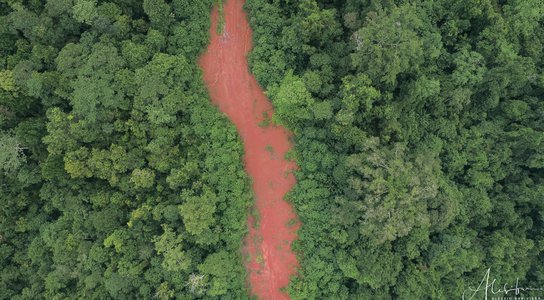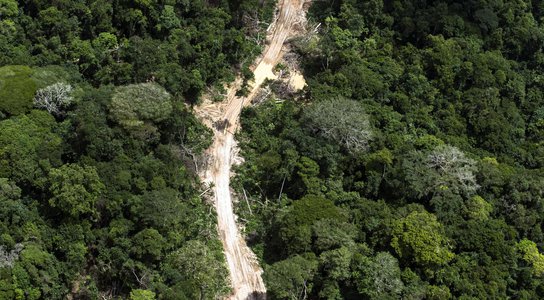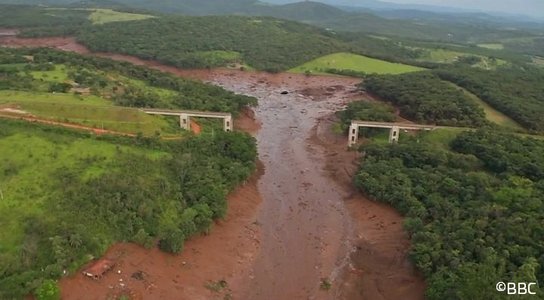NGOs and scientists issue frequent warnings about the rate of deforestation and the impact this has on the climate. Earlier this year, we heard that primary tropical rainforests the size of Belgium were lost in 2018. But it’s the images of the scale and intensity of this summer’s Amazon fires that have brought deforestation to the fore of public concern.
The links between the fires, rampant deforestation of the Amazon and Bolsonaro’s Presidency are well documented. After making some progress tackling deforestation, Brazil’s deforestation has rapidly escalated in recent months. We are seeing the undermining of key institutions responsible for safeguarding the forest; widespread impunity for forest crimes; disregard for indigenous rights; brutal attacks on those seeking to defend their forests; and businessmen keen to cash in on the opportunity.
This is a story we’ve seen all too often in our work on tropical rainforests. In the Congo Basin, home to the world’s second largest rainforest, governments offer forest concessions and oil blocs to the highest bidder in contravention of international commitments and their own forest laws. In Papua New Guinea, where 70% of log exports may be illegal, we’ve seen a rampant trade continue. And in the Solomon Islands, forest is disappearing fast as loggers export an astounding 19 times more than its annual sustainable limit.
It’s a bleak picture and can leave most feeling despondent and hopeless.
But, just as we know that this tropical deforestation will have a global impact on our climate and weather patterns, we also know that this destruction is fuelled by a global market for the goods produced on deforested land and a global finance market funding the companies involved.
Companies and investors are falling short. Whilst they may have some limited commitments on deforestation, repeated case studies from NGOs show that these are not effective. And as they approach the target date of 2020 for corporate and governmental targets to tackle deforestation, they are already getting in their excuses and making clear these won’t be met.
So now it falls to governments in consumer countries and centres of global finance to use their regulatory systems to tackle this issue. There are some glimmers of light – the EU recently issued a communication on deforestation which leaves the door open to regulation of supply chains. And the UK government has marshalled a group to look at how to tackle the country’s global environmental footprint. Even industry groups are starting to recognise the limitations of relying on voluntary action and the need for transformational change.
We are seeing increasing interest in the use of mandatory due diligence to require companies to identify, prevent and report on environmental harm and human rights abuses and we set out how this could be used to tackle deforestation. The French government introduced its own laws in recent years requiring the annual reporting by big business of environmental impact and is keen for the EU to consider similar EU wide legislation.
The time has come for governments to require companies and investors to make consideration of the impact of their commercial activities on the environment, forests and human rights a core part of their decision-making.
The devastation of the Amazon this summer is heart breaking – but it also presents an opportunity. Policy makers must seize this critical juncture to ensure that companies take responsibility for the environmental impact of their business by introducing legislation.
Consumers are waking up to the environmental cost of corporate profits and future generations will not forgive the politicians that miss this opportunity to take strong and effective action.


